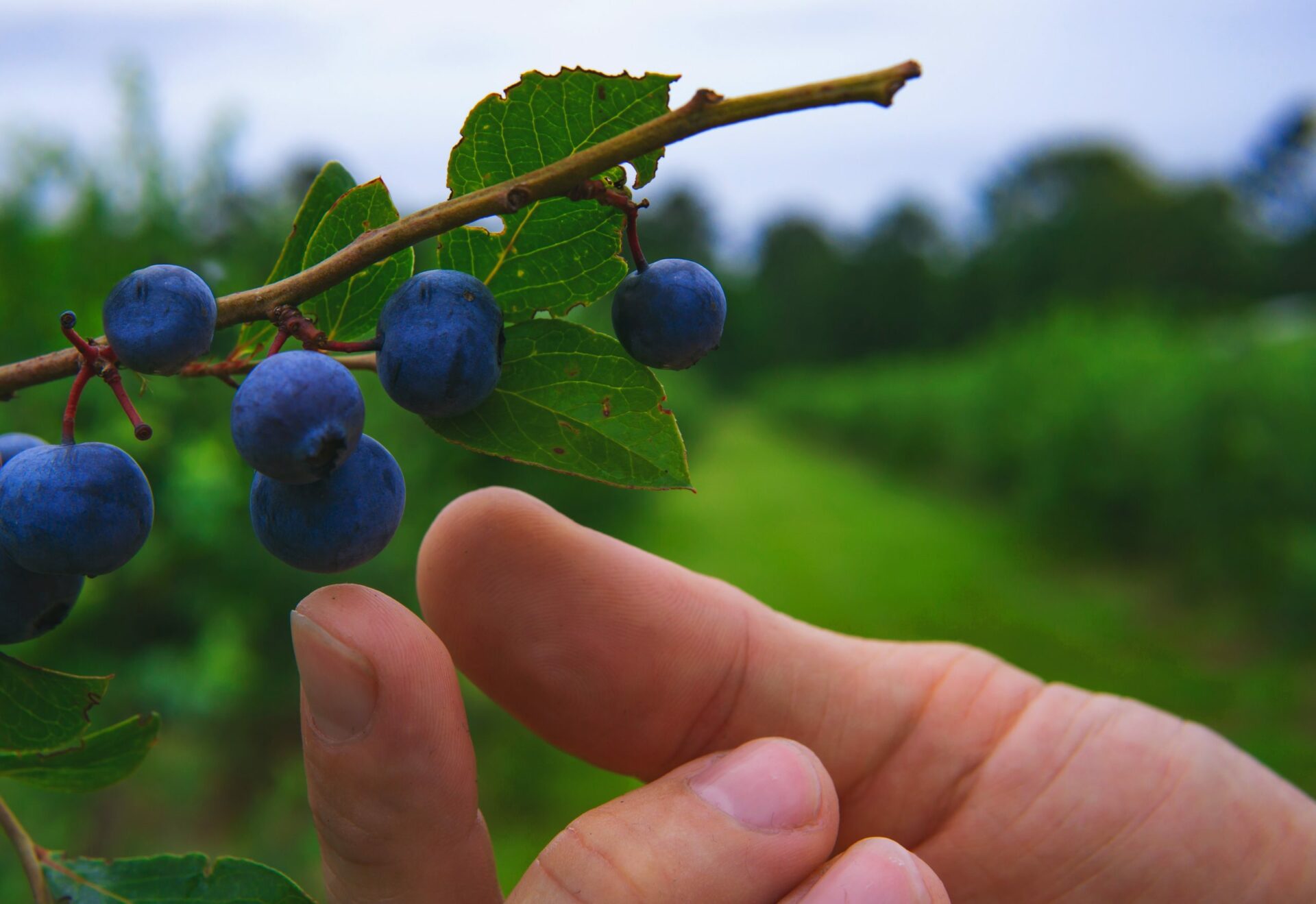A few years ago, I was speaking to a room of student leaders at a top law school about how to bolster well-being at their school (without sacrificing performance standards).
As expected, I started off my presentation as most well-being talks do – with a picture of a bowl of blueberries.
“What do you see?” I asked.
Law students are a savvy bunch, and were rightfully suspicious that this was a setup.
But after a few seconds, one of them took a risk…
“Blueberries?”
“Absolutely!” I encouraged. “What else?”
Silence.
One Mississippi… Two Mississippi… Three Mississippi…
“Okay, I’ll tell you what else I see besides the blueberries. I see the water, soil, seeds, and sunlight that were all necessary in order to ‘make’ these blueberries. And I see the time, energy and commitment of the farmer who sowed, planted, weeded, watered, and waited until they were ready for harvest. In other words, I also see the conditions that produced them.”
“How does this relate to creating a more robust culture of well-being?” one student asked, visibly annoyed that this blueberry wacko was keeping her from the free pizza sitting in the hallway.
“Well, what if I walked up to you right now, dropped a handful of blueberry seeds in the palm of your hand, and demanded a bowl of blueberries on my desk first thing tomorrow? Or what if I gave you all the time and ingredients you need… except for water? And then proceeded to blame you and assemble a task force to study why you’d failed?”
“I’d think you were crazy.”
Of course, she’d be right.
Because even though many of us aren’t expert gardeners or farmers, we intuitively understand that the cultivation of food — which is the etymological origin of “culture” — is a dynamic process that produces what we want (aka blueberries) only AFTER ALL of the necessary conditions are met.
We do not expect blueberries to grow in a day, or to grow without the right “cultural” conditions – good seeds, good soil, enough water and sunlight.
So why would we expect it to work when it comes to “growing” healthy lawyers?
Or, more to the point, why should we continue to be surprised when the profession’s efforts continue to fall short?
Just like blueberries, lawyer well-being is the fruit of a healthy culture.
And if we want to make meaningful progress toward solving the well-being crisis, the industry must adopt and commit to a cultural response.
For the record, that does not mean turning law schools or law firms into wellness spas or lowering performance expectations.
But what it does mean is adopting an approach according to the same principles that work in the natural world.
And while there’s no limit to the specific tactics or programs that an organization may implement in line with that goal, here are some cultural guidelines to keep in mind:
- Diversify Your Approach – You need a host of interrelated conditions to grow blueberries, not just one. So don’t rely on only one well-being initiative or event to shift the culture. What are all of the conditions that will contribute to lawyer well-being?
- Make A Commitment (and Be Patient) – Blueberries grow over TIME and don’t “fruit” until the end of the process, and the same is true for healthy lawyers. There will be a period during which you’ll be investing resources and time without a clear or measurable payoff, and that’s okay. If you create the right conditions and give them time to work their magic, the results will come. If you pull the seeds out from the soil the day after you plant them and demand to see the blueberries immediately, they won’t.
- Be Consistent – You don’t just water once at the beginning of the year and come back to harvest. If plants don’t receive water on a consistent basis, they won’t thrive. Same goes for human beings, I’m told. As such, a one-off wellbeing “watering” at the annual associate retreat is probably not enough to sustain them throughout the year. Efforts don’t have to be constant, but if you want them to bear fruit, they should be consistent.


